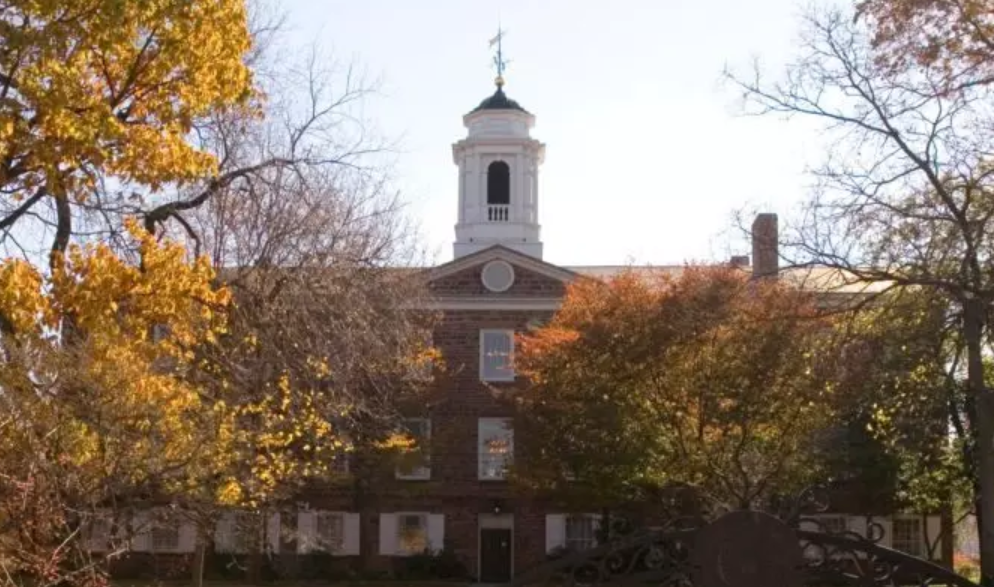Collective of Rutgers Student and Community Organizations Demands University Commit to Broad-Based Ethical Divestment

Collective of Rutgers Student and Community Organizations Demands University Commit to Broad-Based Ethical Divestment
NEW BRUNSWICK, NJ — The Endowment Justice Collective, a coalition of over a dozen Rutgers student and community organizations, will become the first major organization at the university to officially submit a divestment request to the Joint Committee on Investments (JCOI). On Friday, February 14, EJC will send the JCOI a request demanding that the university divest from Israeli apartheid, the military-industrial complex, the prison-industrial complex, sweatshop/exploitative labor, and fossil fuels.
The request is the culmination of months of research and organizing, and its broad-based approach to divestment is unique compared to other university-level campaigns. While Rutgers has a history of on-campus divestment campaigns, EJC represents the first time student activists at Rutgers have come together across issues, identities, and organizing models to demand a fundamental overhaul of the university’s investment practices.
“The capital endowment of Rutgers, or any university for that matter, has never been challenged in such a direct and broad way before,” said EJC member and Rutgers senior Ahan Sikri. “Unethical and destructive financial interests should be scared of our movement.”
The 10-page report prepared by EJC makes a strong case for Rutgers to divest from these unethical industries, providing a broad overview of the issues at stake, as well as specific examples of egregious investments that were found in researching the endowment portfolio. Companies currently in the portfolio include weapons companies like Lockheed Martin and Raytheon, prison telecommunications contractor Global Tel*Link, fossil fuel companies like TC Energy (the operator of the Keystone XL Pipeline), Israeli apartheid-supporting telecommunications company Motorola Solutions, and Lululemon, a company widely known to use sweatshop labor in its supply chain.
Other companies are also highlighted in the request, and the lack of transparency from the university may implicate other investments in the current portfolio. EJC argues that all of the issues that the collective is targeting are interconnected, and choosing one over another would ignore how many environments and communities are oppressed and subjugated by a combination of these unethical industries.
“What we have articulated in this report is a bold, intersectional transformation of this university’s investment practices,” said EJC member and Rutgers senior James Boyle. “It’s a vision that recognizes that liberation does not come in some predetermined sequential process, but through different groups making connections and harnessing the world-making power of solidarity.”
Signatories on the request include over 100 students, alumni, and community members. The request comes just days before the Rutgers Board of Governors meeting on February 18, where EJC members are expected to press the BOG on the request and demand that the JCOI respond in a timely manner. The collective also plans on connecting their campaign with the coalition to defend the Lincoln Annex School, arguing that divested capital should be directly reinvested into the New Brunswick, Newark, and Camden communities in ways that respond to permanent residents’ needs and uplift–not exploit–marginalized community members.
In addition, EJC is demanding more transparency on the endowment, as well as more democratic oversight and control over its investment practices. Beyond submitting the request, EJC members are planning to escalate the campaign across the semester, making it clear that they will not be compromising on any of their demands.







